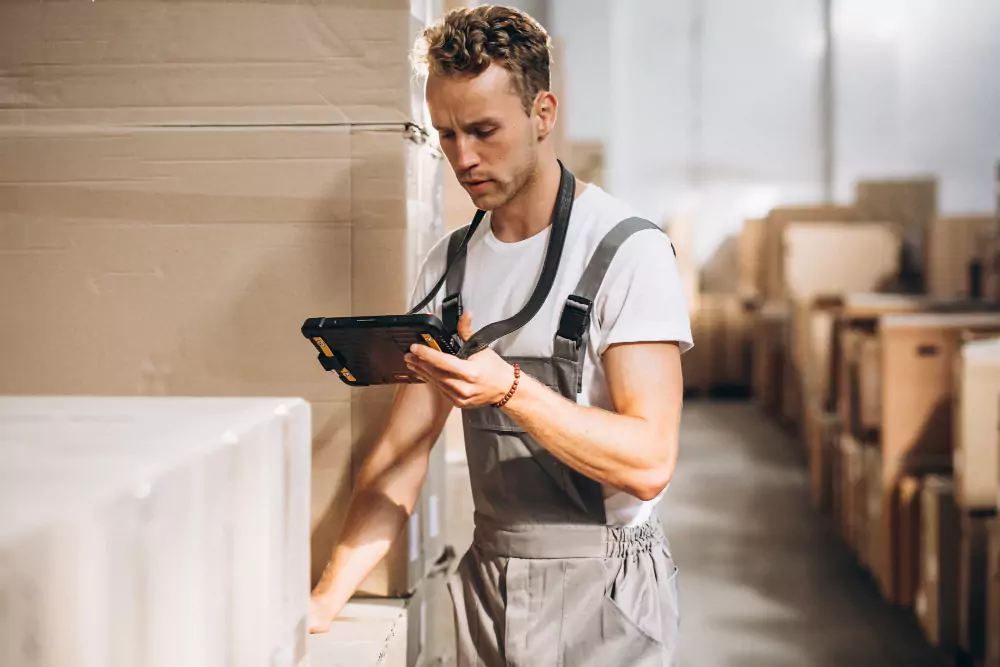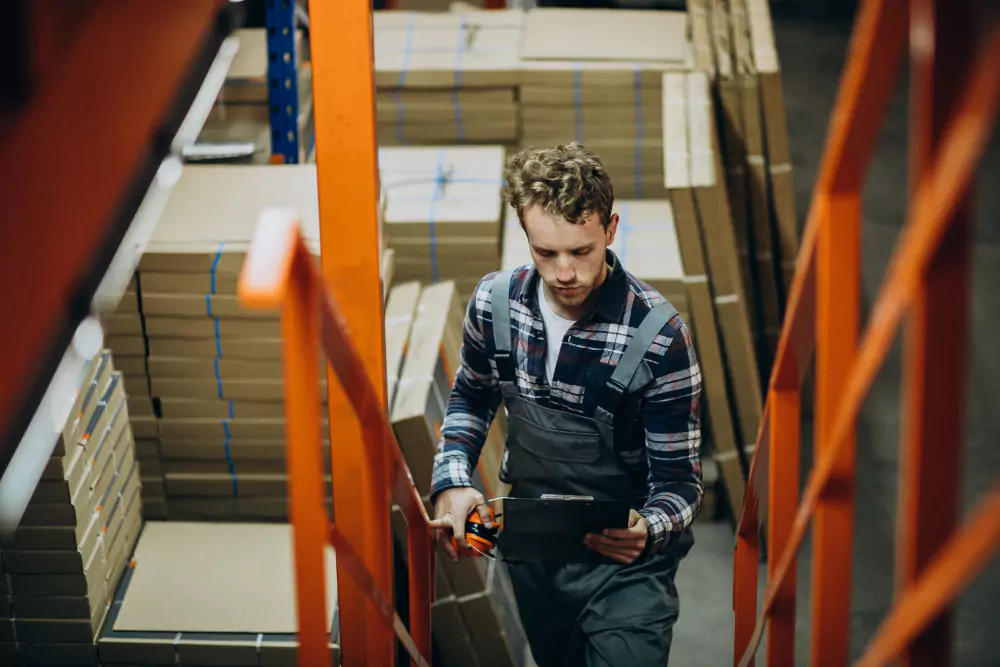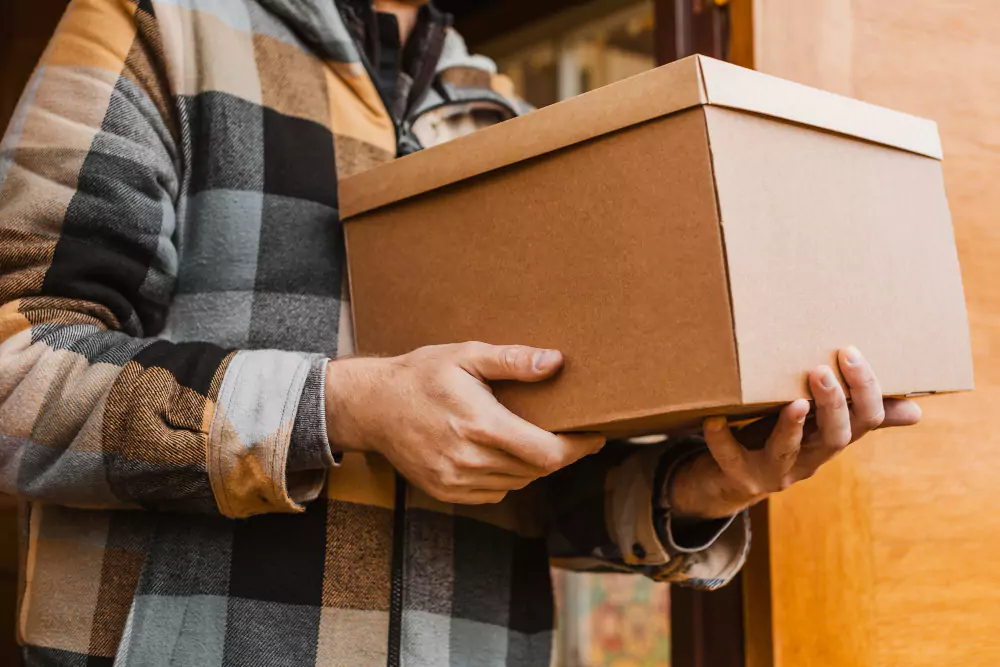16 May

What Role Does Modern Logistics Play in Today’s Global Economy?
Global trade has evolved rapidly over the past two decades, and modern logistics lies at the heart of this transformation. From real-time tracking of shipments to automated warehouses and last-mile delivery innovations, logistics has become smarter and more interconnected than ever before. Modern logistics is not just about moving goods from point A to B; it’s about creating an integrated network that ensures timely, efficient, and cost-effective movement of products across the globe. Companies like stacketlens are leveraging cutting-edge logistics infrastructure to offer transparency and agility that traditional systems couldn’t provide.
- How Is Inventory Management Reshaped by Modern Logistics?
- Why Is Supply Chain Optimization Essential in Modern Logistics?
- How Are Warehouse Technology and Operations Evolving?
- What Advantages Do 3PL and 4PL Solutions Offer in Global Trade?
- How Has E-commerce and Order Fulfillment Benefited from Modern Logistics?
- How Does Logistics and Distribution Power Global Market Reach?
- What Innovations Are Seen in Packaging and Delivery Services?
- How Is Inventory and Supply Chain Management Streamlined in Modern Logistics?
- Why Are Warehouse Management Systems Crucial in Today’s Trade?
- What Makes Modern Logistics the Future of Global Trade?
How Is Inventory Management Reshaped by Modern Logistics?
Inventory management is no longer about simply keeping stock on hand. With the integration of data analytics and forecasting tools, businesses are now able to maintain optimal inventory levels. Modern logistics relies heavily on synchronized inventory systems that allow companies to respond quickly to demand fluctuations, minimize carrying costs, and reduce wastage. Smart warehouses with automated replenishment capabilities are becoming a standard feature, offering precision that manual inventory systems could never match.
Why Is Supply Chain Optimization Essential in Modern Logistics?
The need for supply chain optimization has never been more critical. With global supply networks growing in complexity, modern logistics offers tools and technologies to streamline operations from sourcing to final delivery. Predictive analytics, AI, and IoT devices allow real-time monitoring and adjustments, reducing delays and bottlenecks. These advancements not only improve efficiency but also enable companies to respond swiftly to disruptions, which is essential in today’s volatile trade environment.

How Are Warehouse Technology and Operations Evolving?
Warehouses are no longer static storage spaces. Instead, they are dynamic hubs of activity powered by robotics, automation, and cloud-based warehouse management systems. These systems provide end-to-end visibility and control over inventory, improving order accuracy and speed. Warehouse technology and operations are also embracing green solutions, such as energy-efficient systems and eco-friendly packaging practices, to align with sustainability goals in global trade.
What Advantages Do 3PL and 4PL Solutions Offer in Global Trade?
3PL and 4PL solutions have emerged as key enablers in modern trade. While 3PL providers manage logistics functions like warehousing, transportation, and fulfillment, 4PL providers take it a step further by overseeing the entire supply chain. This means businesses can outsource complex logistics operations to experts, freeing up time and resources for core functions. By partnering with experienced logistics providers like stacketlens, companies gain access to flexible, scalable, and cost-efficient services tailored to global demands.
How Has E-commerce and Order Fulfillment Benefited from Modern Logistics?
The surge in online shopping has placed unprecedented pressure on order fulfillment processes. Fortunately, modern logistics has risen to the challenge with innovations that enhance e-commerce and order fulfillment. Fulfillment centers now operate with automated picking and packing, AI-driven inventory allocation, and intelligent routing for deliveries. These improvements ensure faster shipping, better customer experiences, and reduced cart abandonment rates.
How Does Logistics and Distribution Power Global Market Reach?
Efficient logistics and distribution systems are what enable even small businesses to tap into international markets. By reducing shipping times, optimizing delivery routes, and minimizing costs, modern logistics platforms provide a solid foundation for global commerce. Logistics networks are now designed with scalability in mind, allowing businesses to expand into new territories without massive infrastructure investments.
What Innovations Are Seen in Packaging and Delivery Services?
Sustainability and efficiency are two key themes in today’s packaging and delivery services. Smart packaging, for instance, incorporates sensors that track temperature, humidity, and location, which is especially critical for perishable or high-value goods. Additionally, eco-friendly materials are being adopted to minimize environmental impact. On the delivery side, electric vehicles and drones are starting to play a role in reducing the carbon footprint and increasing delivery speeds in urban centers.
How Is Inventory and Supply Chain Management Streamlined in Modern Logistics?
One of the most significant benefits of modern logistics is the seamless integration of inventory and supply chain management. Centralized data platforms allow for real-time synchronization across various supply chain points, improving coordination and visibility. Companies can now make informed decisions about sourcing, production, and distribution based on live data rather than outdated forecasts. This leads to reduced lead times, fewer stockouts, and increased customer satisfaction.
Why Are Warehouse Management Systems Crucial in Today’s Trade?
An effective warehouse management system (WMS) is the backbone of efficient logistics operations. Modern WMS platforms support automation, inventory tracking, labor management, and data analytics, all within a centralized dashboard. These systems help logistics managers at stacketlens and beyond make informed decisions quickly and efficiently, thereby improving overall productivity and ensuring on-time deliveries in global supply chains.

What Makes Modern Logistics the Future of Global Trade?
The world of commerce is fast, interconnected, and data-driven. Modern logistics is not just keeping pace but driving this change. From enhanced inventory management to optimized supply chains and intelligent warehouse operations, the logistics industry is laying the groundwork for smarter, greener, and more customer-centric global trade. Businesses that embrace these innovations will be better positioned to succeed in an increasingly competitive marketplace.
In conclusion, as global trade continues to evolve, so too must the systems that support it. Modern logistics is the engine behind faster, more reliable, and cost-effective trade, transforming how goods move across borders and ultimately shaping the future of international commerce. For companies looking to scale with agility and intelligence, the time to invest in modern logistics solutions is now—and stacketlens is here to help make that transition seamless.

